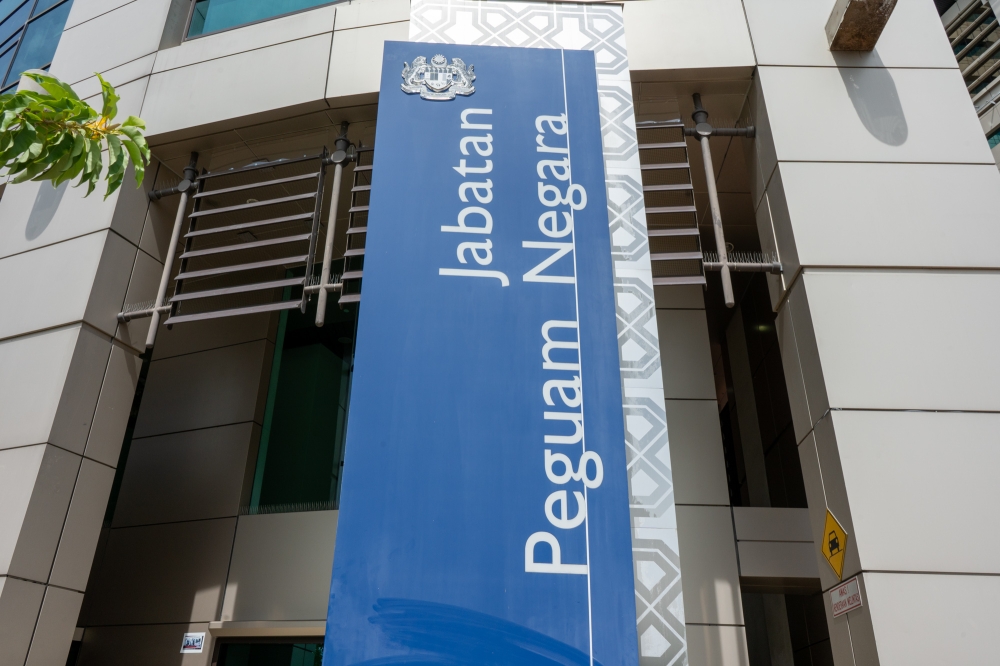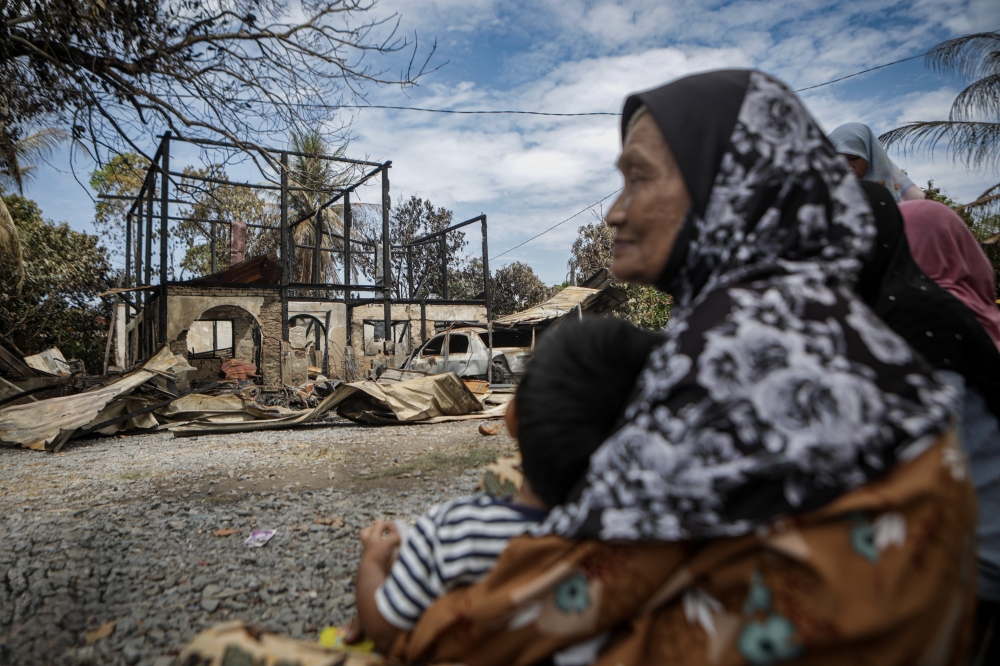KUALA LUMPUR, Dec 5 ― Fitch Ratings’ downgrade of Malaysia’s ratings from “A-” to “BBB+” reaffirmed the country’s need for a federal government that is transparent and pushes for institutional reforms, instead of the Perikatan Nasional (PN) administration that has done the opposite, Opposition Leader Datuk Seri Anwar Ibrahim said today.
Anwar, who is also PKR president, said this ratings downgrade was the country’s first since the Asian Financial Crisis about 20 years ago.
“The downgrade serves to highlight what we all know already ― Malaysia requires a strong government committed to reform and is transparent, inclusive, and firm in its actions.
“What we do not need is what is being presented now, the lack of substance and clarity. The time has run out for more excuses. Smoke and mirrors will no longer work,” he said in a statement today.
Anwar described Finance Minister Datuk Seri Tengku Zafrul Abdul Aziz’s response yesterday to the ratings downgrade as both “alarming and disturbing”, claiming that the latter has failed to address the international ratings agency’s concerns over political stability and governance in the country.
Anwar said the “Sheraton Move” in February that led to the change in government from Pakatan Harapan (PH) to Perikatan Nasional had both “triggered political chaos” and also “marked the beginning of a reversal of the institution reforms that Pakatan Harapan had been championing”.
Anwar said PN as a “minority government” has been “blatant and unapologetic” in misusing government-linked companies as tools to reward “political apparatchiks” or politicians, likely alluding to the doling out of positions such as chairman for PN politicians after the coalition took over as government in March.
Stressing the need for a Covid-19 pandemic exit plan for Malaysia shaped by clear governance and an inviting investment-friendly environment, Anwar claimed that the finance minister had not managed to provide hope with such a strategy.
“There was hope that the appointment of a technocrat as a Minister of Finance would minimise the impact of political machinations. However, it is increasingly clear that he has not grasped his key role of building the nation and providing hope for growth with an exit strategy.
“We do not know for sure where funding for the Covid-19 vaccine will come from, nor do we have adequate safety nets for the backbone of our economy, the small and medium sized businesses (SMEs),” Anwar, who is himself a former finance minister, claimed.
Anwar also said it would be misleading to take comfort by comparing Malaysia to countries that are worse off, and said Malaysia should only be comparing its current state to the days when it was a regional or global economic powerhouse.
“Our government is stuck in analog, whilst the likes of Indonesia, Singapore and Vietnam are embracing and creating a more digital world,” he said.
Yesterday, Fitch Ratings had among other things cited “lingering political uncertainty” following the change in government in March as both weighing down on Malaysia’s policy outlook and causing uncertainty in prospects for further improvement in governance standards.
While noting that the new PN government continues to implement some transparency-enhancing measures launched under the previous PH administration and corruption trials of former officials have continued, Fitch Ratings said the current government’s thin two-seat parliamentary majority implies persistent uncertainty about future policies.
“Deterioration in governance and continued political uncertainty could dampen investor sentiment, constraining economic growth,” it said, having noted Malaysia’s World Bank governance score improving significantly in 2019 before weakening slightly in 2020.
Yesterday, Tengku Zafrul had among other things expressed the government’s disappointment over the Fitch Ratings downgrade, saying that it did not give “due justice and credit” to Malaysia’s efforts to respond to the Covid-19 crisis and the country’s strong economic fundamentals but had instead focused on the country’s fiscal position and political situation.

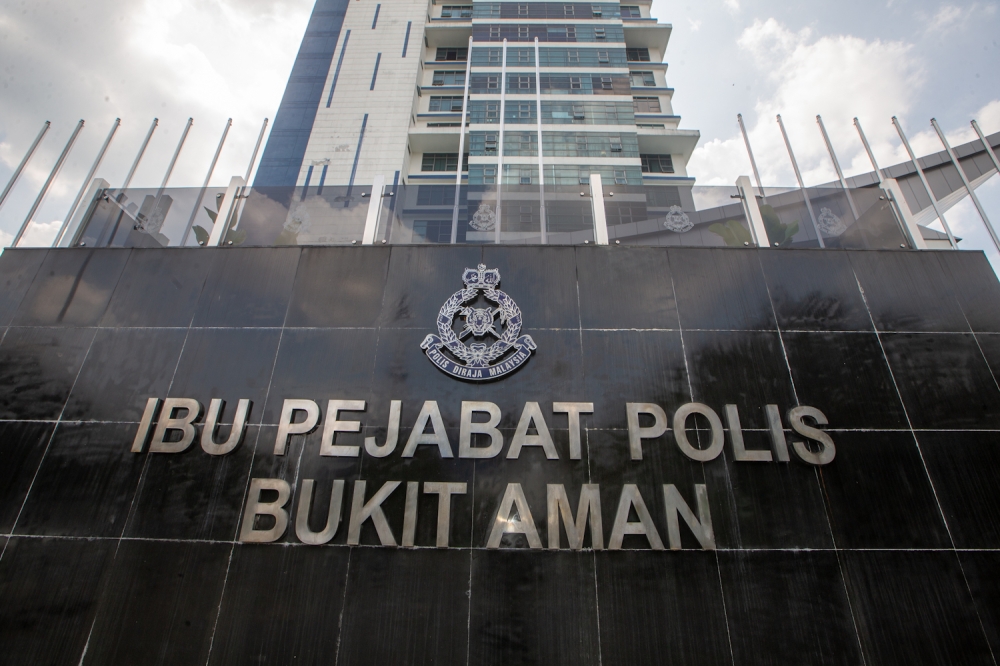




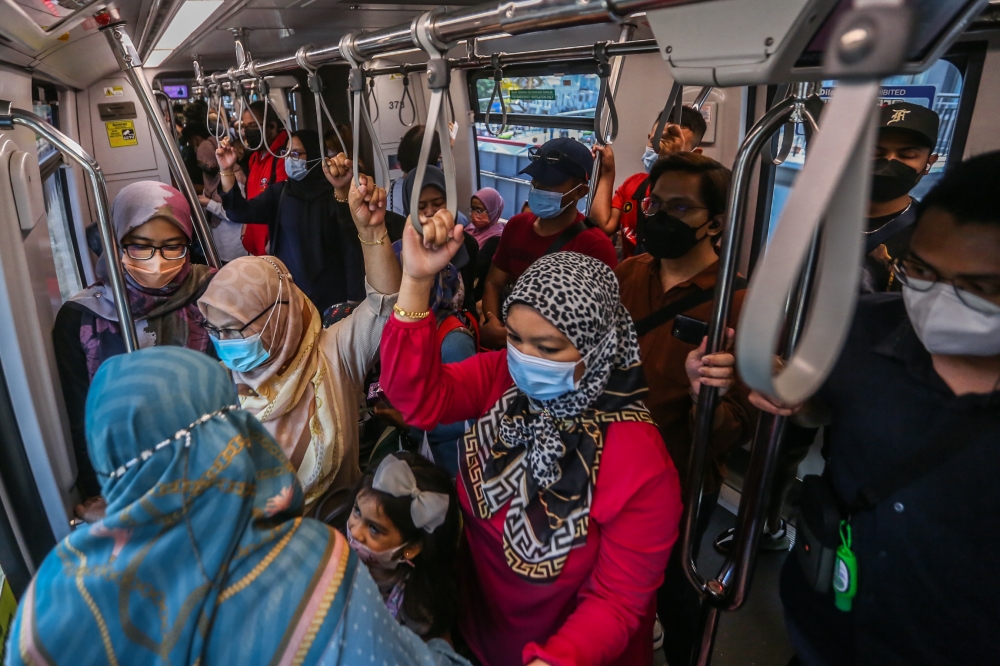

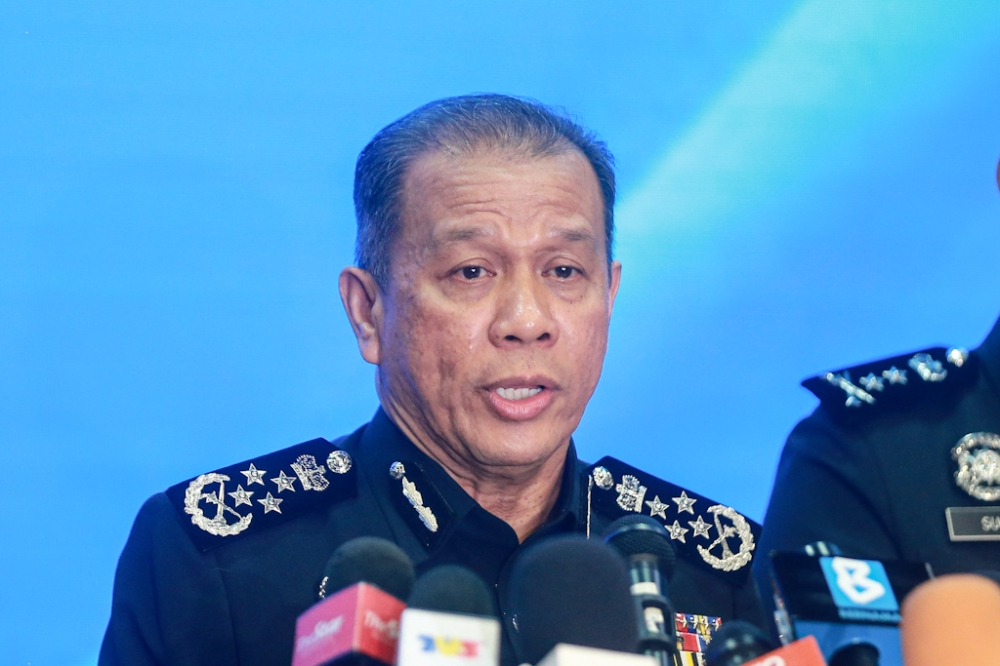

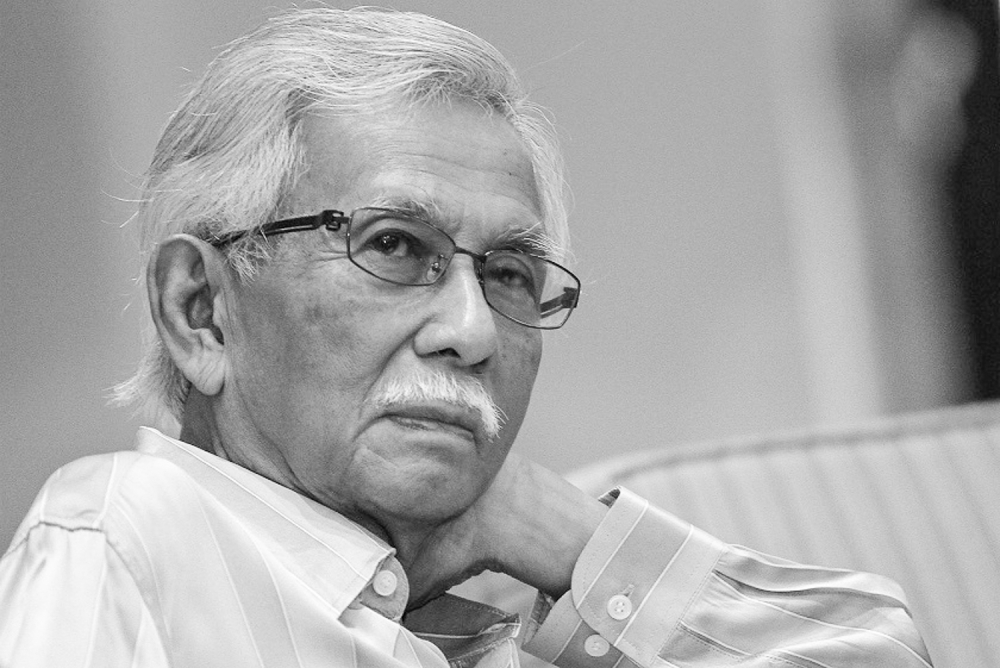
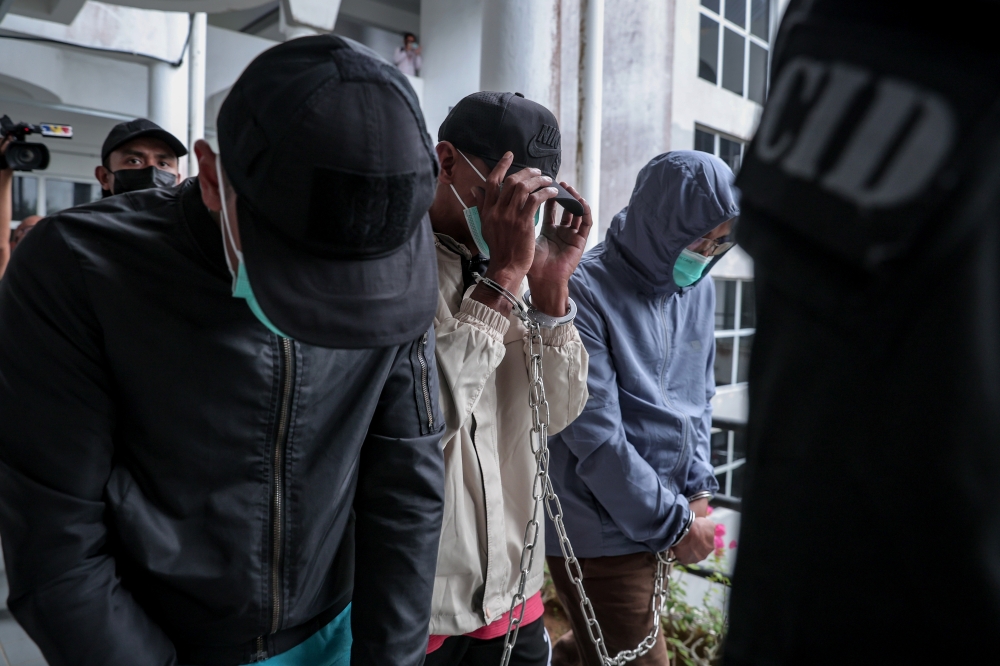
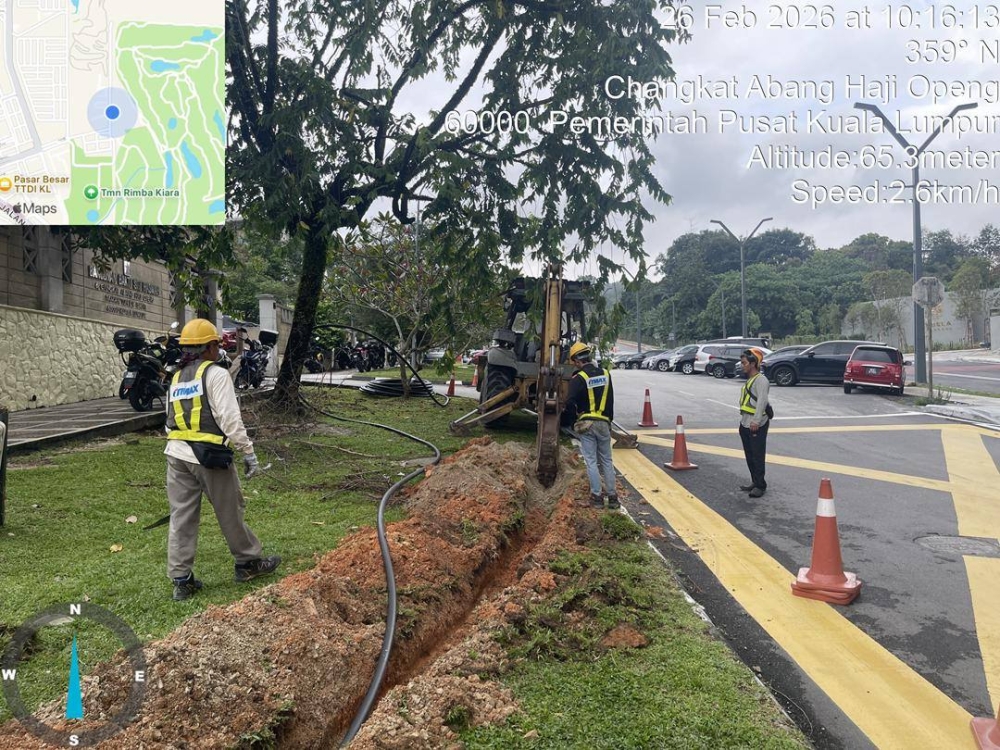
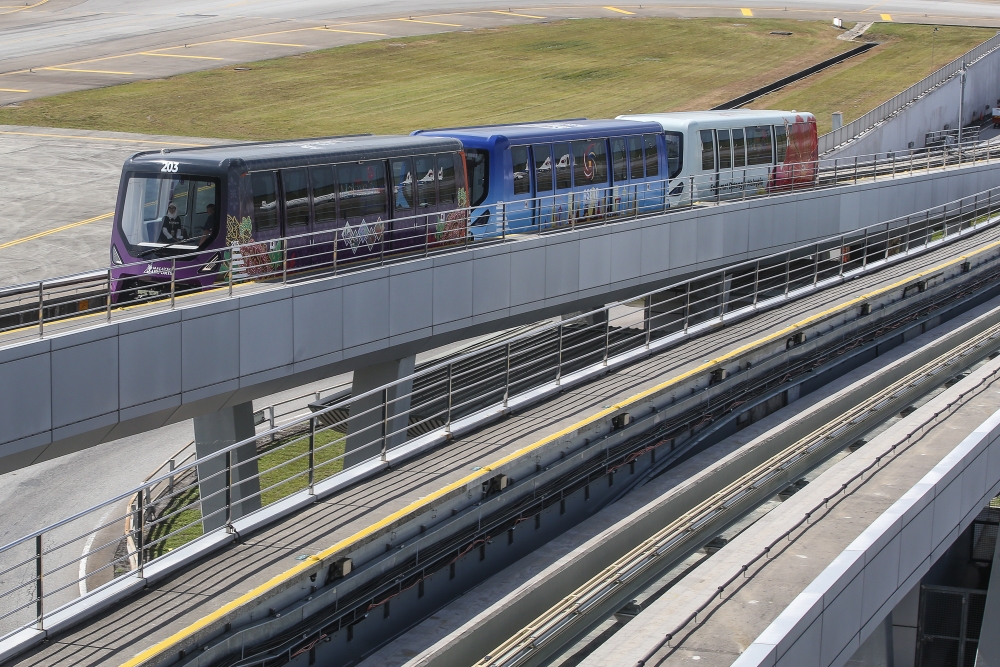
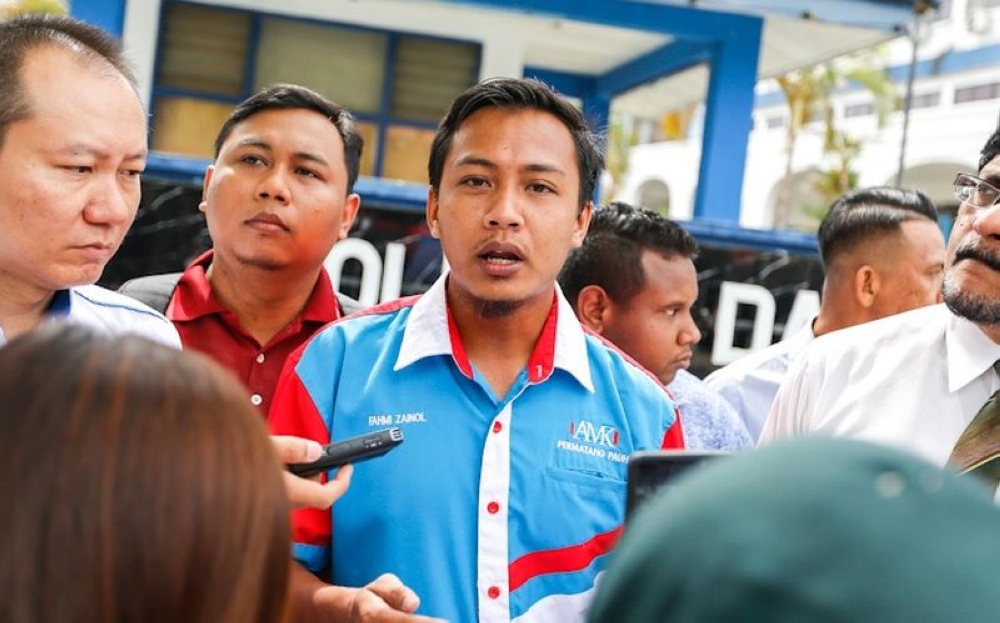

.jpg)
